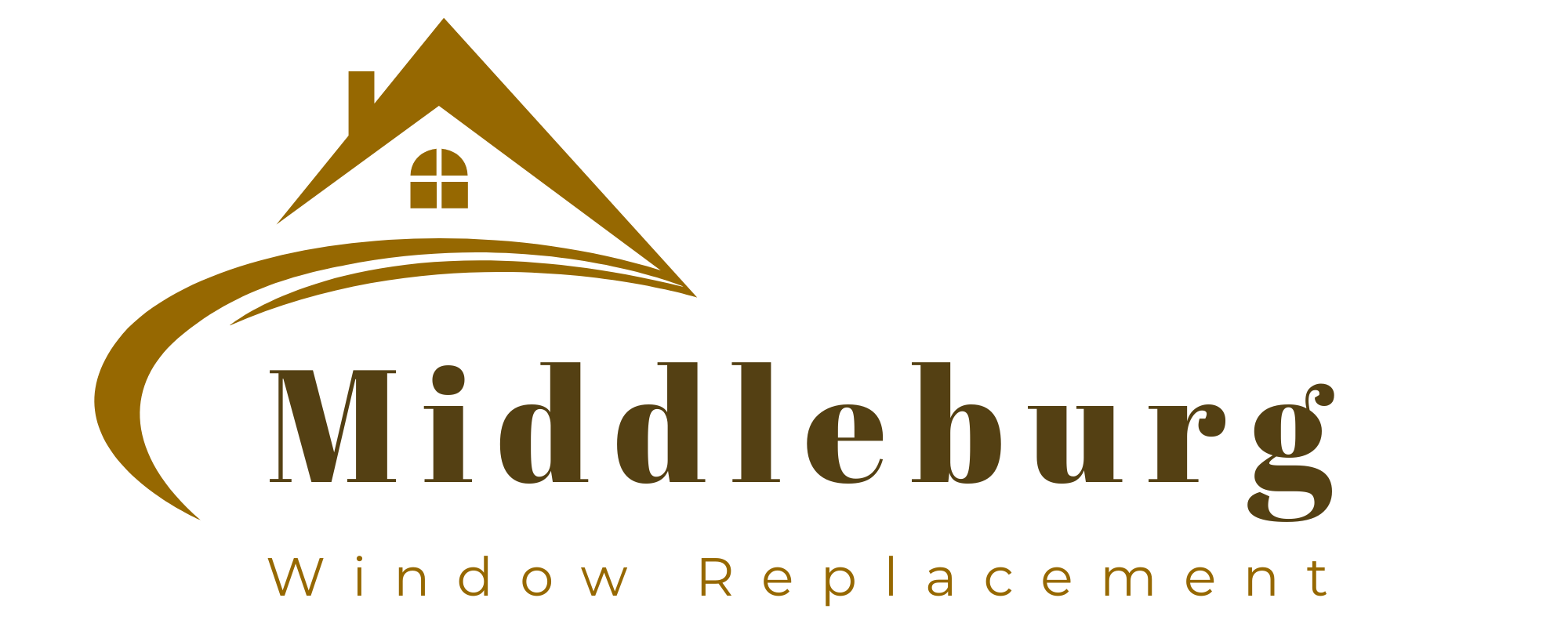Energy-efficient windows keep cooled or heated air from escaping your home, reducing energy costs and making you more eco-friendly. They also reduce stress on HVAC systems and enhance occupant comfort.
These windows also protect interiors from harmful UV rays, which cause furniture to fade. They are a smart investment for your home and can increase its value.
Wood
Energy-efficient windows keep your home cool in the summer and warm in the winter. They also reduce condensation and drafts, helping to eliminate energy loss and improve indoor comfort. They can help you save on electricity costs and protect furniture, flooring, and artwork from fading due to sun exposure. Additionally, they help reduce your carbon footprint, making them an eco-friendly choice.
Wood is a great material for framing windows because it is a natural insulator. It prevents cooled or heated air from escaping your home, reducing your electricity bills. The wood frame is also durable and provides a timeless look that complements your house. However, it needs to be painted or stained regularly to protect it from moisture and other damage. You should also choose a window installer with experience installing different types of windows in Middleburg FL.
Vinyl
Vinyl is an affordable option for homeowners looking to upgrade their homes with energy-saving features. Its low thermal conductivity minimizes heat loss and helps the home stay warmer in winter and cooler in summer.
Old windows can cause HVAC systems to overwork and lead to higher than average utility bills. New vinyl replacement windows can help reduce those costs by lowering the air leakage in the building and improving insulation.
If you don’t want to invest in a full-on vinyl replacement, consider clad wood windows. They offer the beauty of wood with the durability of aluminum. Just make sure to look at whole-unit U-factors and SHGCs, rather than center-of-glass numbers, to get a true picture of performance. Also, choose a window with a vapor barrier to keep moisture from damaging the frame and sill.
Single-pane
Single-pane windows lack the insulating properties of double and triple pane energy efficient options. This allows cooled or heated air to escape, leading to higher utility bills. Energy-efficient windows prevent this loss, helping homeowners save money throughout the year.
These windows have multiple panes and a gas such as argon between them, which prevent heat transfer. This helps keep homes cool in summer and warm in winter. It also helps reduce the impact of noise from outside.
These windows offer a range of benefits and are suitable for new construction or replacement. They’re available in a variety of shapes and sizes to match any home’s design. They also improve the look of a house and are easy to clean, both inside and out. This makes them a popular choice for Fernandina Beach, Jacksonville, Jacksonville Beach, Orange Park, St. Augustine, and surrounding areas homeowners.
Double-pane
Double-pane windows have two glass panes and provide better insulating properties than single-pane windows. They help reduce outside noise and lower your energy consumption, leading to reduced utility bills. They also protect your home from harmful UV rays.
They are available in a variety of styles, including casement and double-hung. The space between the panes is filled with an insulating gas, such as argon or krypton. The gas is denser than air, which improves insulating properties.
A double-pane window can save you up to $340 a year on your energy costs. They are also more effective at reducing outside noise, which can affect your sleep, productivity and mood. In addition, they offer superior protection against harsh weather conditions. Energy Star-certified double-pane windows are an excellent choice for Florida homeowners.
Triple-pane
Adding an extra pane of glass and insulating air space makes triple-pane windows more energy efficient than double-pane windows. They can reduce energy bills, prevent cooled and heated air from escaping homes, and increase the resale value of the property.
However, triple pane windows can be more expensive than double-pane windows. It takes homeowners between ten and twenty years to recoup the added cost with energy savings.
Triple pane windows also allow less natural light to enter homes, and they can experience a higher rate of seal failure, leading to condensation and fogging between the window panes. Therefore, homeowners should consider their energy consumption, home design, and budget when deciding whether or not triple-pane windows are worth the extra expense. They should also prioritize sound reduction if choosing triple pane windows.
